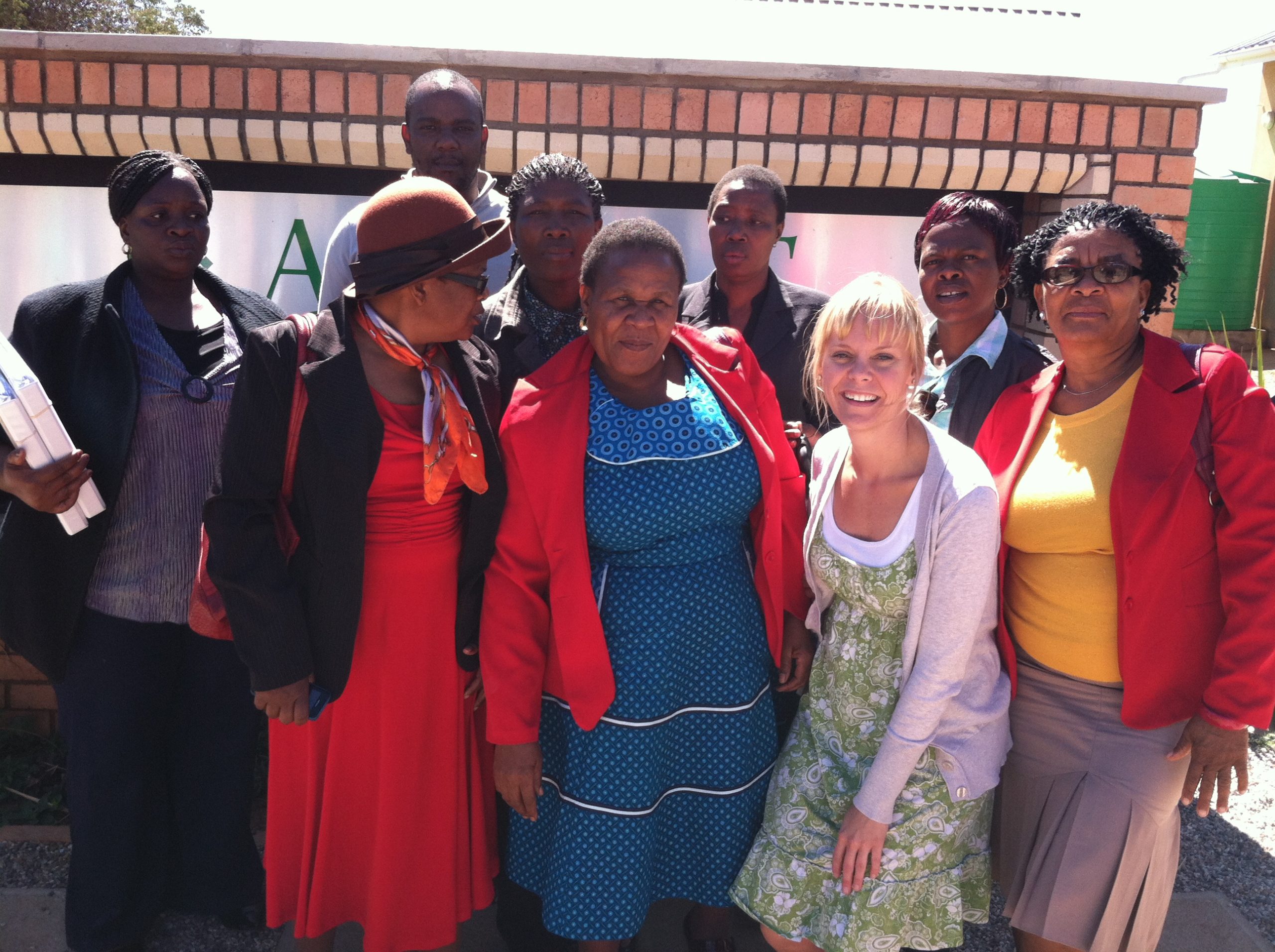Opportunities to make lasting changes within the educational systems of foreign countries don’t come along very often. So when the opportunity arose for Megan Peterson, an intervention specialist with the University of Utah Reading Clinic (UURC), to partner with a non-profit in Botswana, Africa she leapt at the chance to make a significant impact in their literacy program.
In July 2013, Peterson was able to partner with Stepping Stones International (SSI), a non-profit organization based out of Mochudi, Botswana, in order to bring the UURC’s literacy training to a country that was facing an education crisis at the time.
Prior to Peterson’s training in Gaborone, Botswana, the country was facing an alarming failure rate among Grade 10 students during their final exams, with reports showing that more than 25,000 out of 38,944 students had received grades ranging from D to flat out failure.
During Peterson’s visit, SSI and the UURC partnered directly with Botswana’s Ministry of Education and Skills Development in order to implement their “Next Steps, Higher Steps” literacy program. With more than 70 educators from six different school systems across the country participating in the training, the program, which functions to provide a basic breakdown of good literacy practices, saw massive success according to Peterson.
“Stepping Stones immediately saw gains with their students,” Peterson said. “They have seen huge gains with confidence level, in that students were now able to understand the text they are being tested on.”
As a result of the quick impact brought about by the new teaching models, the Ministry of Education in Botswana, along with a large investor, Botswana Insurance Holdings Ltd (BIHL), are looking to see what long term changes the program could bring about, along with possible continued work with the University of Utah.
“The Ministry of Education recognizes the impact and influence that the University of Utah is having on their education system,” Peterson said. “With that, this could eventually become a research project for the university. We’ll have established research models of good literacy. We’ve implemented these and seen them working here in the states, now we’ll be able to try them in another country and see if the same practices continue to work.”
Whether or not the URRC’s work in Botswana could develop into a larger scale research opportunity remains to be seen, but according to Peterson, the amount of interest the Ministry of Education has taken in the project bodes well for the future of the program.
“This is really one of the first instances where the Ministry has been very present,” Peterson said. “They attended both of the trainings, listened to the views of the teachers, and now they’ve been active in going out and supporting the changes. With this, Stepping Stones is trying to lay the foundation for the Ministry of Education to become stable on its own, and the University of Utah Reading Clinic is giving them the skills to be able to do that.”
While a future research partnership with the University of Utah may be a more long-term goal, SSI and the UURC have partnered with the Hinckley Institute in order to bring more immediate opportunities for students.
In an effort to provide students with the chance to learn practical teaching methods and a more holistic approach to literacy training, the Hinckley Institute along with Stepping Stones International is now offering a two-part internship to students.
The internship will provide students with basic training in the UURC’s literacy training program, before allowing them to take that training and make use of it in Botswana.
According to Peterson, the impact this internship could have is two fold. Not only will it help to further the program that has been started in Botswana, but could also help participating students to bring back practical teaching methods to the University, and to Utah in general.
“This internship gives students the opportunity to see education in a third world country and allows them to work with poor students who are coming from very little, which is similar to our Title One schools here in Utah,” Peterson said. “All of those things translate very easily because these models work anywhere around the world. With there being a high English as a second language population in Salt Lake City, you’re still working with students who are second language learners. Just having that skill to adapt, to meet those students needs in a slightly different way helps. Those skills can be adapted both internationally as well as here in Utah.”
Peterson encouraged as many students as possible to become involved with the internship, citing her own experience working with the program, “It’s rare to be able to contribute to something so large, something that could change an entire education system.”
For more information on the University of Utah Reading Clinic:
http://www.uurc.utah.edu/

